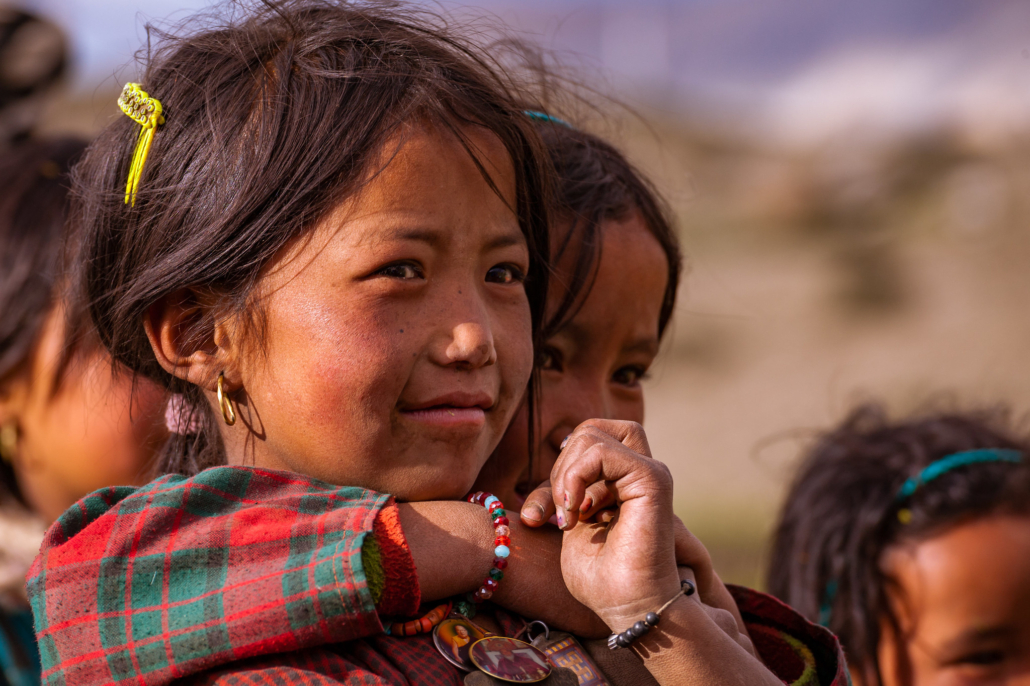Helping Children and Women in Nepal

In 2015, a magnitude 7.9 earthquake struck Nepal and surrounding countries, claiming the lives of thousands. This earthquake not only displaced millions but also plunged more than 1 million Nepali people into poverty. The most susceptible demographic, children and women in Nepal, bore the brunt of the impact. Many children found themselves orphaned, compelled to aid their remaining family members, which led to them forsaking school attendance and engaging in child labor full time. Among the tasks undertaken by many children was the labor of breaking rocks along the riverbed to sell the stones for monetary gain. After visiting Nepal and witnessing these circumstances, U.S. citizen Maggie Doyne made a commitment to help children and women in Nepal rise out of poverty.
About Maggie Doyne
Fast forward to 2008, when an 18-year-old American girl named Maggie Doyne, who had opted for a gap year after high school to travel, discovered a girl breaking rocks on the banks of a river in Surkhet, Nepal. This encounter prompted Doyne to establish a connection with the young girl and develop a friendship. Doyne proceeded to assist the girl by paying for the girl’s school books, uniform and school tuition fees.
The encounter with the girl prompted Doyne to contemplate the stark contrast between those who possess abundance and those who endure scarcity in the world. As time passed, Doyne extended her support to other disadvantaged children in Nepal. Doyne helped to send the children to school but soon recognized that some of these children required more than just access to education. The children lacked a stable and nurturing home environment. This realization compelled Doyne to take further action.
Kopila Valley Children’s Home
Doyne took action by using her savings to acquire a piece of land in Nepal. In collaboration with Nepali resident Top Malla and the support of the local community of Surkhet, Doyne brought Kopila Valley Children’s Home into existence in 2008. This establishment offers a stable and safe environment that now serves as the home for more than 40 children in Nepal.
Many of these youngsters come from backgrounds with profoundly distressing circumstances. They receive support not only from Doyne, whom they affectionately refer to as their mother, but also from a diverse group of caregivers they address as aunts and uncles. Doyne and her team have managed to deliver tailored assistance to these children. “Kopila Valley was born and soon blossomed into BlinkNow, a nonprofit foundation serving an ever-growing, ever-inspiring community in Surkhet, Nepal,” the BlinkNow website says.
Kopila Valley School
Eventually, Kopila Valley Children’s Home embarked on an expansion that included the establishment of Kopila Valley School in 2010. Currently, the school accommodates more than 400 students hailing from the neighboring community. Additionally, the school ensures that its students receive nourishing meals and access to health care services. The school infrastructure was upgraded to a “green campus” to place a focus on sustainability. For example, the implementation of solar power systems and the use of earthquake-resistant materials. Notably, all educators and staff members at the school are of Nepali origin and many other staff members are from the local community.
Kopila Valley Women’s Center
Kopila Valley has undergone further expansion, solidifying that it plays a fundamental role in the community it serves. In addition to the children’s home, school and health clinic, BlinkNow developed the Kopila Valley Women’s Center in 2013. This center is committed to empowering marginalized women in Surkhet by delivering vocational and empowerment training. With a mission to address issues like abuse, educational deficits and limited economic prospects, the center offers comprehensive assistance.
Many of the training participants are survivors of domestic violence and early marriages. The participants receive intensive instruction in valuable vocational skills like sewing, weaving and cosmetology. This training equips them to secure employment and undertake economic endeavors and enhance their overall livelihoods.
The empowerment courses also cover self-confidence skills, health and wellness, women’s rights, Nepali law, basic literacy, business and and maths skills. Trainees also have access to “counseling services, which provides mediation, legal support, and general stress and trauma care and management,” the BlinkNow website says. The Center’s influence reaches even further through its community workshops, fostering gender parity and women’s empowerment.
The training has enabled graduates to develop independent enterprises and cooperative endeavors. Beyond skill development, the Center fosters a nurturing atmosphere where women come together to heal, uplift and support each other. This nurturing environment catalyzes positive transformation within the community, effectively showcasing the profound impact of education and the formidable strength of women in Nepal.
BlinkNow has had a profound impact on children and women in Nepal. The work of Maggie Doyne and her team has helped lift many people out of poverty, allowing them to secure independence, strength and support.
– Ada Rose Wagar
Photo: Flickr
